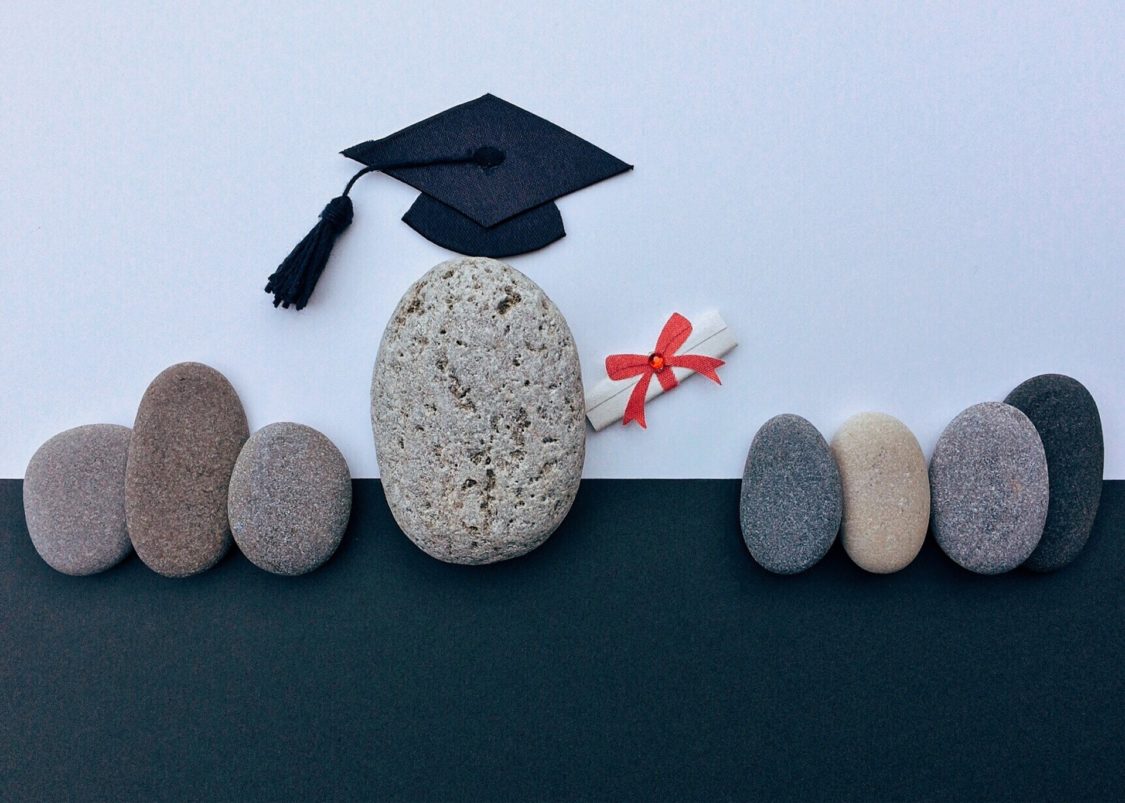Introduction
Education Law. Education is a fundamental right and an essential component of a society’s development. To ensure the quality, accessibility, and accountability of education, governments around the world have established regulations and policies that govern both public and private education institutions. These laws play a crucial role in shaping the educational landscape and safeguarding the interests of students, parents, teachers, and the community at large. This article explores the key regulations and policies concerning public and private education institutions, shedding light on their importance and impact.
Overview of Education Law
Education law encompasses a wide range of legal frameworks and regulations that govern educational institutions. It covers aspects such as curriculum, admissions, funding, teacher qualifications, student rights, special education, and more. Education laws vary across countries and regions, reflecting the unique priorities and cultural contexts of each jurisdiction.
Public Education Institutions
Public education institutions are typically funded and operated by the government. The regulations governing these institutions aim to provide universal access to quality education and ensure equitable opportunities for all students. Key policies include:
2.1. Compulsory Education
Many countries have laws mandating compulsory education for a certain age range, ensuring that children receive a minimum level of education. These laws usually specify the duration and content of compulsory education, as well as penalties for non-compliance.
2.2. Curriculum Standards
Public education institutions often follow a standardized curriculum established by the government or educational authorities. These curriculum standards define the subjects, learning outcomes, and assessment criteria, ensuring consistency and quality across schools.
2.3. Teacher Certification and Qualifications
To maintain high teaching standards, public education institutions require teachers to hold specific qualifications and certifications. These regulations help ensure that educators possess the necessary skills and expertise to deliver quality education to students.
2.4. Inclusion and Special Education
Public education institutions are often bound by laws that promote inclusion and provide special education services to students with disabilities or special needs. These policies aim to guarantee equal educational opportunities for all students and support their individual learning requirements.
Private Education Institutions
Private education institutions are typically privately owned and operated, often with their own funding sources. While they offer an alternative to public schools, they are also subject to specific regulations to safeguard students’ interests. Key policies include:
3.1. Accreditation and Licensing
Private education institutions are often required to obtain accreditation or licensing from relevant authorities to ensure they meet certain standards of quality and accountability. These regulations help protect students from fraudulent or substandard institutions.
3.2. Fee Regulations
To prevent exploitation and ensure affordability, some jurisdictions regulate the fees charged by private education institutions. These regulations aim to strike a balance between the institution’s financial sustainability and students’ accessibility to quality education.
3.3. Non-Discrimination Policies
Private education institutions are generally expected to adhere to non-discrimination policies, ensuring equal treatment and opportunities for all students regardless of their race, gender, religion, or other protected characteristics. These policies promote inclusivity and foster a diverse learning environment.
3.4. Quality Assurance and Monitoring
Government agencies often have mechanisms in place to monitor the quality of education provided by private institutions. Regular inspections, standardized tests, and reporting requirements help ensure that private schools maintain adequate standards of teaching and learning.
Student Rights and Protections
Education laws prioritize the rights and protections of students in both public and private institutions. These rights may include:
4.1. Freedom of Expression and Assembly
Students have the right to express their opinions and engage in peaceful assembly within the boundaries of educational institutions. However, these rights may be subject to reasonable limitations to maintain a conducive learning environment.
4.2. Anti-Bullying and Harassment Policies
To promote a safe and inclusive learning environment, education laws often mandate the implementation of anti-bullying and anti-harassment policies. These policies aim to protect students from physical, verbal, or emotional harm.
4.3. Data Privacy and Confidentiality
Education laws also govern the collection, use, and protection of student data to ensure privacy and confidentiality. Institutions are typically required to obtain consent and take appropriate measures to safeguard student information.
Conclusion
Education law plays a critical role in shaping the regulations and policies that govern public and private education institutions. These laws ensure that students receive quality education, teachers meet specific qualifications, and institutions maintain standards of accountability and inclusivity. By understanding and enforcing these regulations, governments and educational authorities can create a robust educational system that fosters learning, promotes equity, and prepares students for a successful future.




